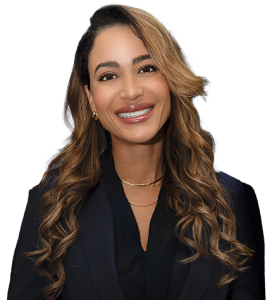Humanitarian Reinstatement
What Is Humanitarian Reinstatement?
Humanitarian reinstatement is a discretionary form of immigration relief available when the sponsoring family member (petitioner) of a green card application dies after Form I-130 (Petition for Alien Relative) has already been approved. While this situation would typically result in the cancellation of the petition, humanitarian reinstatement allows the principal beneficiary to continue pursuing lawful permanent residency in the United States.
This process is not automatic. You must formally request it and submit documentation that supports your case.
Who Qualifies for Humanitarian Reinstatement?
To be eligible, the following conditions must be met:
-
You are the principal beneficiary of an approved Form I-130.
-
The petitioner died after USCIS approved the I-130.
-
You can provide a Form I-864 (Affidavit of Support) from a substitute sponsor, unless you qualify for an exemption due to work history.
-
You submit a written request to USCIS for humanitarian reinstatement.
-
You include supporting documents, such as:
-
Death certificate of the petitioner
-
Evidence of the relationship between you and the deceased petitioner
-
Proof of residence or other relevant details
-
Any additional documents that support your case
-
What Does USCIS Consider?
USCIS evaluates humanitarian reinstatement requests on a case-by-case basis. Approval is never guaranteed, and it depends on a wide range of factors. These include:
-
Whether the beneficiary has maintained lawful presence in the U.S.
-
The impact of the petitioner’s death on surviving family members
-
The overall hardship that denial of the request might cause
-
Evidence of strong family or community ties in the U.S.
The process is complex and deeply personal. USCIS uses discretion to weigh humanitarian concerns against immigration laws.
Get Help with Your Petition
Losing a loved one during the immigration process is emotionally and legally difficult. But if your I-130 petition was approved before their passing, you may still have a path to residency. An experienced immigration attorney can help you understand whether humanitarian reinstatement is possible in your case and assist with preparing the request and documentation.

